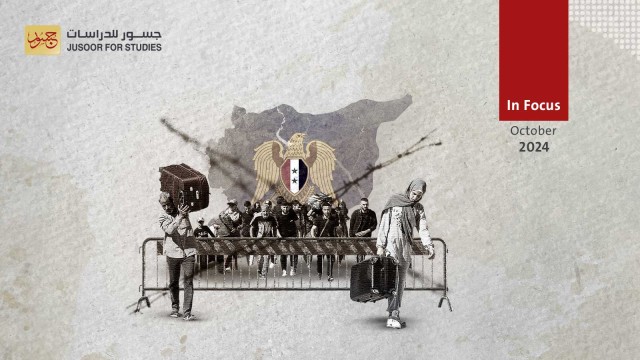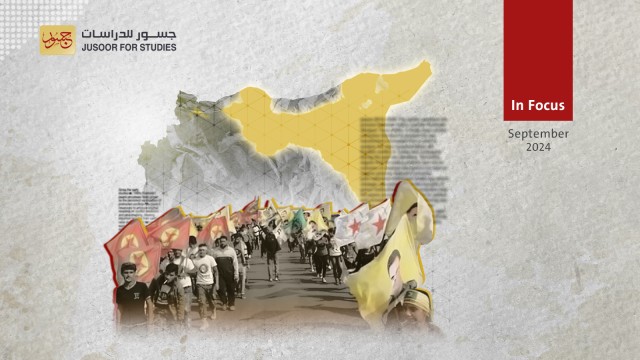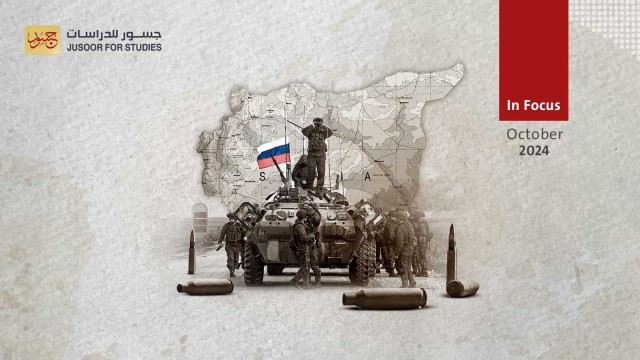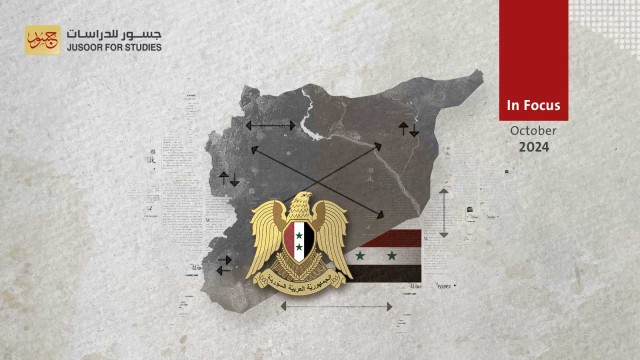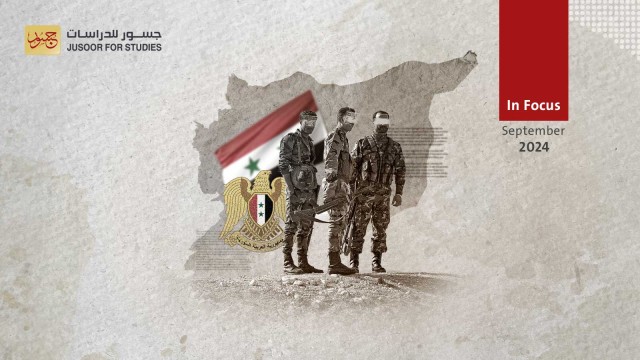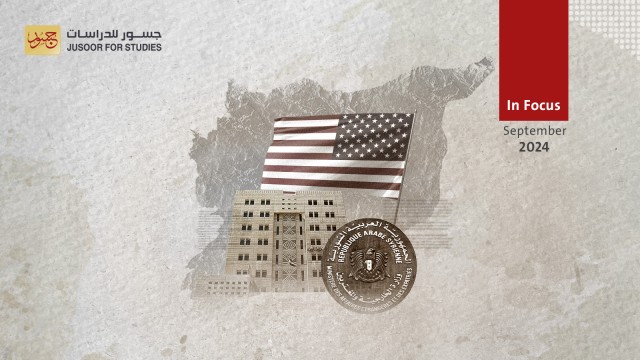The Expert Level Turkish-Russian Talks and Anticipated Outcomes
Font Size
In Focus | The Expert Level Turkish-Russian Talks and Anticipated Outcomes
On September 15-16, 2020, the Turkish capital Ankara hosted intensive meetings between the Turkish and Russian sides. The technical, military, political and security delegations met to discuss developing a mechanism of action for Idlib and Libya.
On September 16, 2020, the Turkish Ministry of Defense announced that it hosted a delegation from the Russian Ministry of Defense at its headquarters in Ankara, to deliberate field developments in Idlib province.
These meetings coincided with Russian escalations in Idlib province. Russia resumed air strikes on the de-escalation zone while the Syrian regime mobilized demonstrations against the Turkish military points located in a geographical area controlled by the regime forces and another area supported by Russia.
Several points of contention can be identified regarding the mechanism for action in Syria, namely:
1- Turkey wants to resolve the fate of the areas included in the Sochi Memorandum, the areas where the Syrian regime forces made an incursion into at the end of 2019 and early 2020. Turkey wishes to place these areas under the protection of security forces supervised and organized by Ankara and Moscow, while Russia wants to stabilize the status quo and ensure the regime forces gain control of these areas.
2- Turkey does not wish to concede to Moscow’s desire to open the international roads according to Russia’s vision before reaching a comprehensive understanding that guarantees the security of Idlib and its environs. On the other hand, Moscow wants to discuss the opening of the M4 highway which Turkey oversees important parts of without addressing the possibility of any Turkish role on the M5 highway.
3- Russia seeks to expand its role in Idlib province especially in the areas adjacent to the M4 highway by invoking the ongoing security threats to the joint patrol route and Russian interests in this region to support its ambitions. However, Turkey is unwilling to accept this without achieving a comprehensive understanding on the remaining points of contention.
4- The future of the region east of the Euphrates river is one of the complex files under discussion as Turkey is still awaiting the implementation of what was agreed upon in the Sochi Memorandum. Based on the memorandum, all terrorist organizations will be removed from the border areas and Ankara views the recent Russian-Kurdish consensus with concern. It appears that the two sides have reached an agreement following the Russian-Kurdish rapprochement, and that this agreement accounts for Turkish security concerns in northeastern Syria.
5- The fate of the Tal Rifat and Manbij areas in Aleppo’s countryside is also under discussion, as Turkey demands that Russia implement its obligations based on the previous agreement to hand over the two areas to the opposition factions.
6- Russia is trying to persuade Ankara to reconsider the size of the forces it deployed in Idlib as well as the size of the heavy military equipment present in the province to further control the Turkish role in northwestern Syria. These demands have not been approved by Ankara at this time.
Most likely, the two sides will try to reach a joint mechanism that represents a meeting point for their interests, and work as much as possible to separate the Idlib file from the East Euphrates file and the Libyan file. However, this mechanism will not be reached in a short time period which opens the possibility of resorting to field escalations to apply pressure and speed up agreeing on a comprehensive understanding.
It is also certain that Turkey will seek in its current and future negotiations with the Russia to establish a permanent and comprehensive ceasefire agreement that preserves the current areas of influence in preparation for the final political solution arrangements.
Unit of Analysis and Thinking - Jusoor for Studies
To visit the English Telegram channel: Click here


